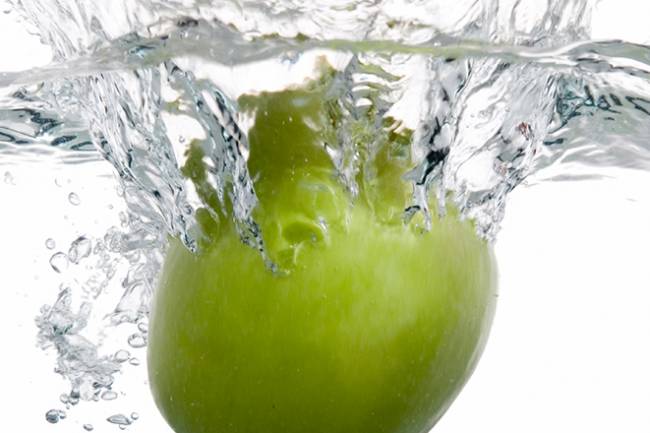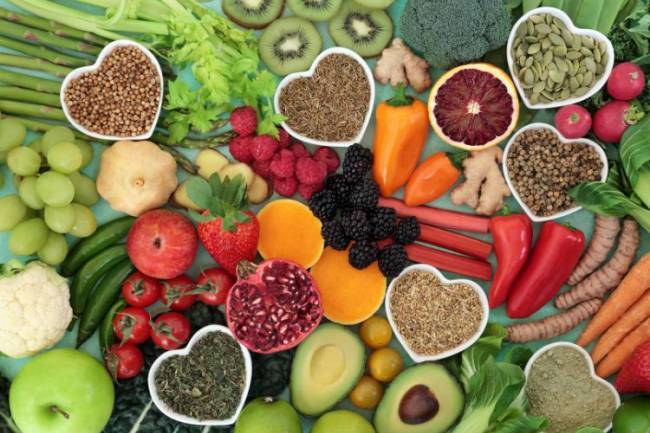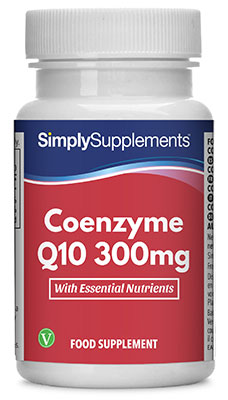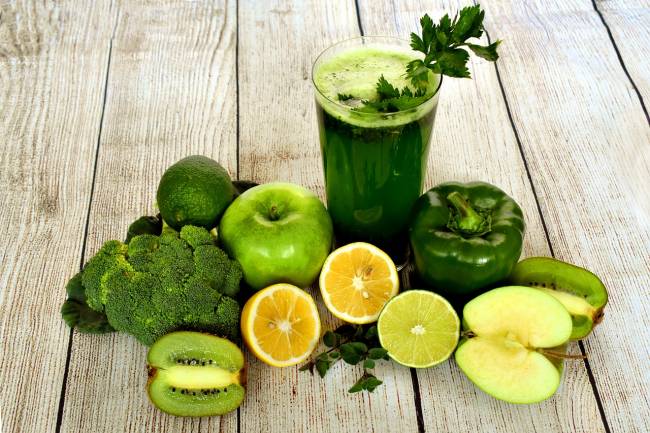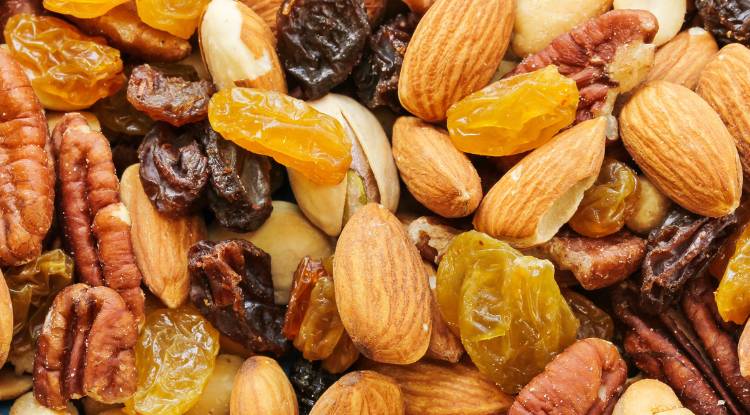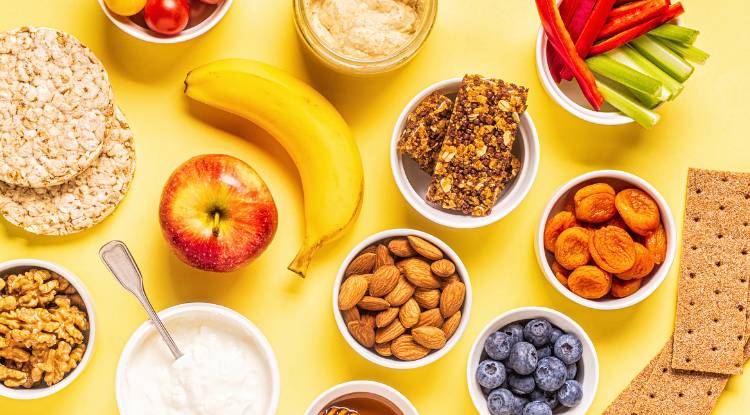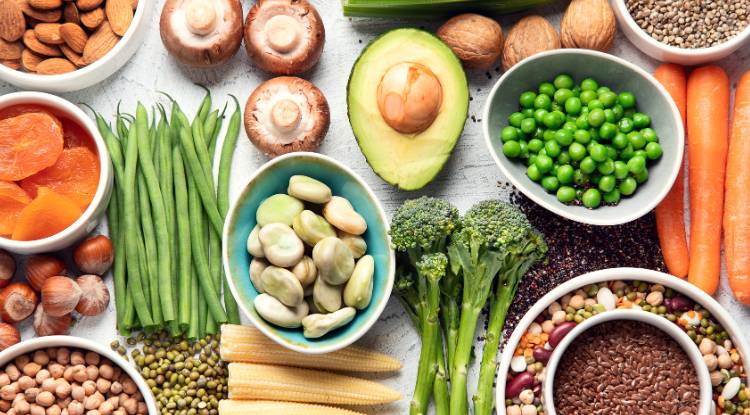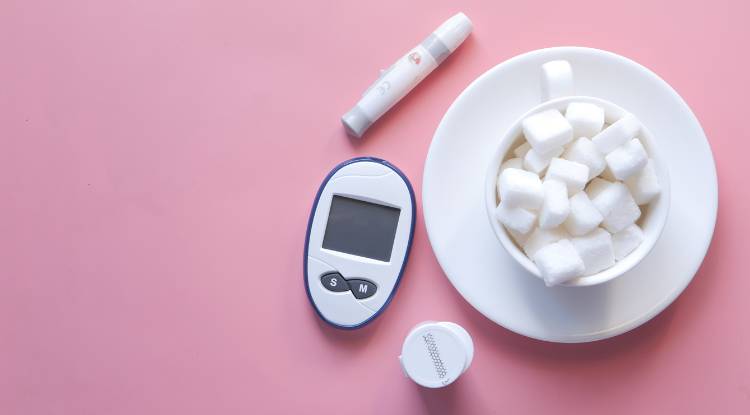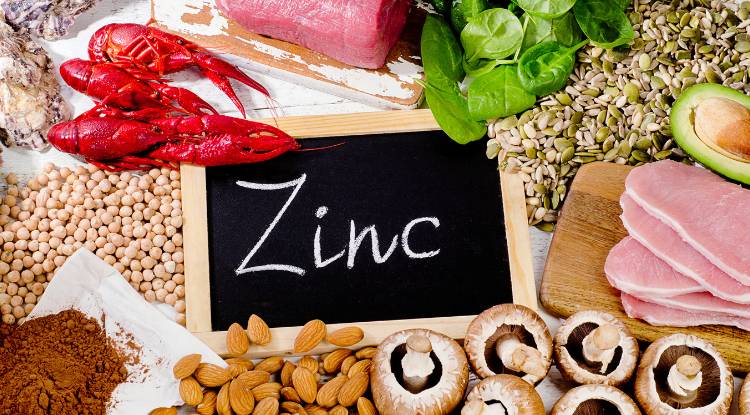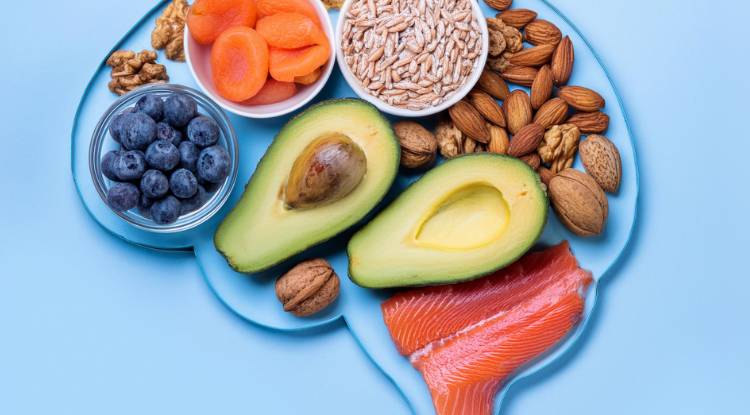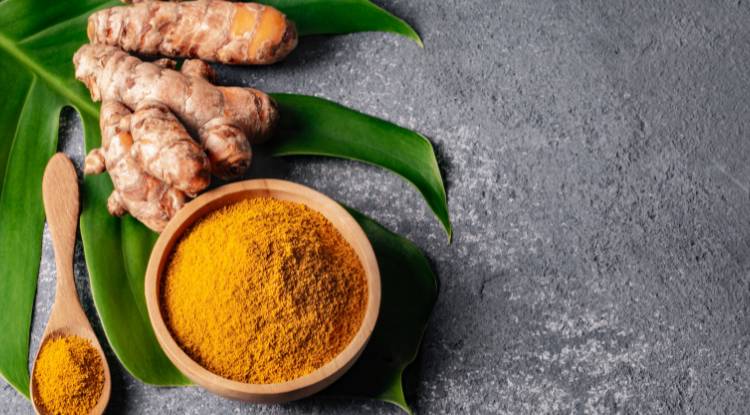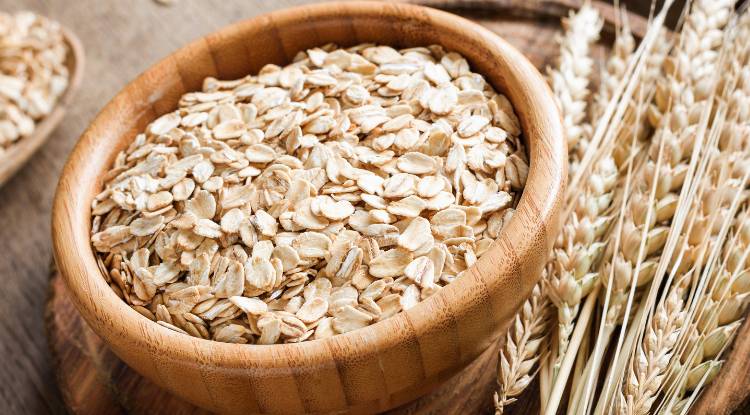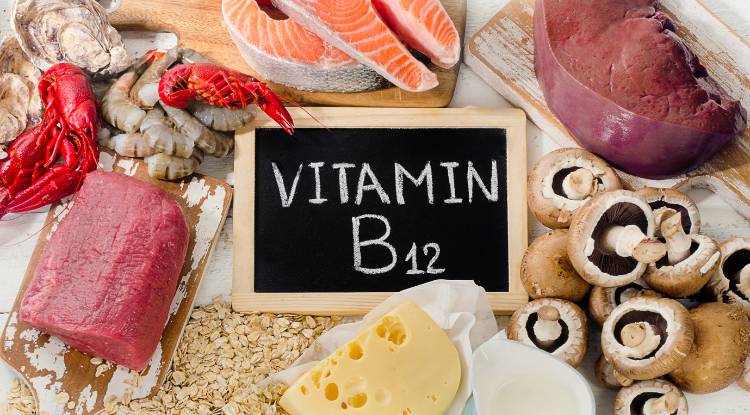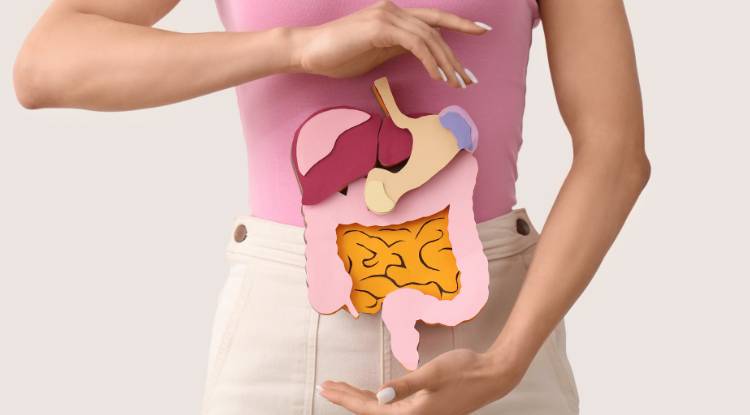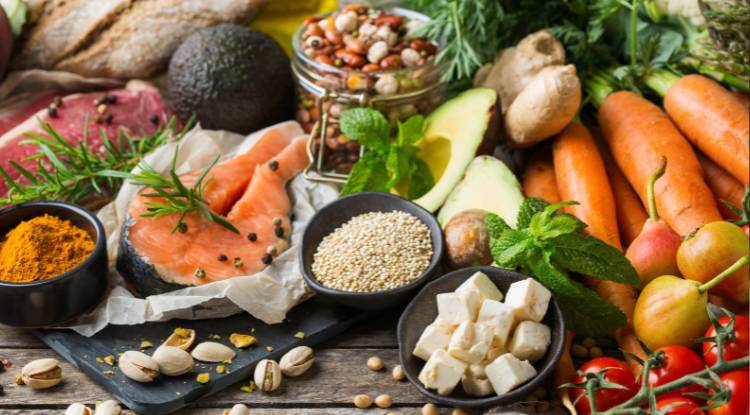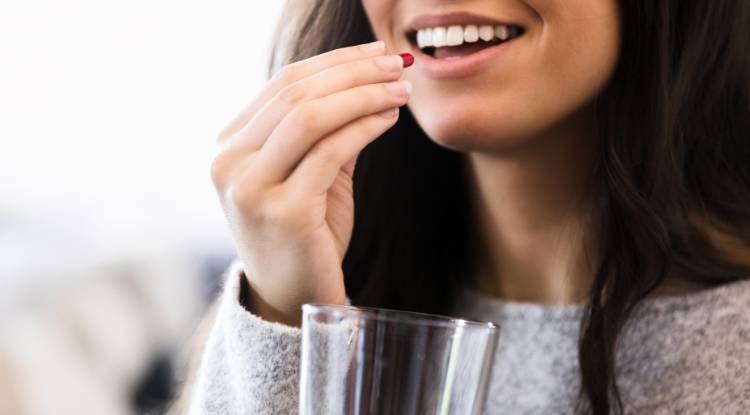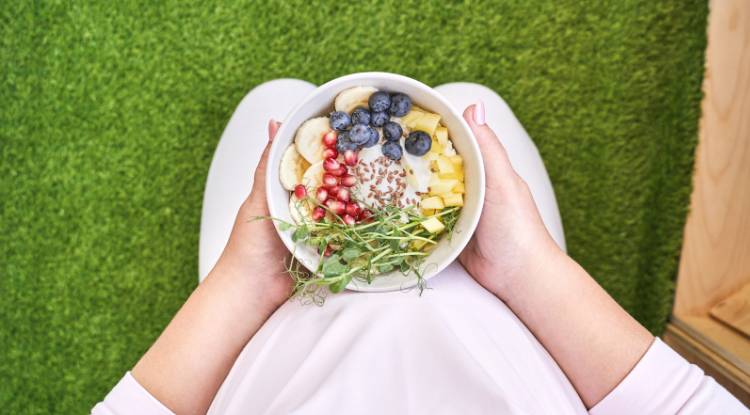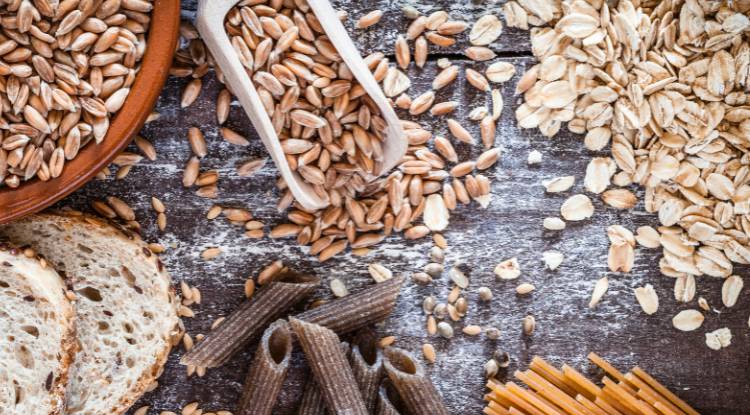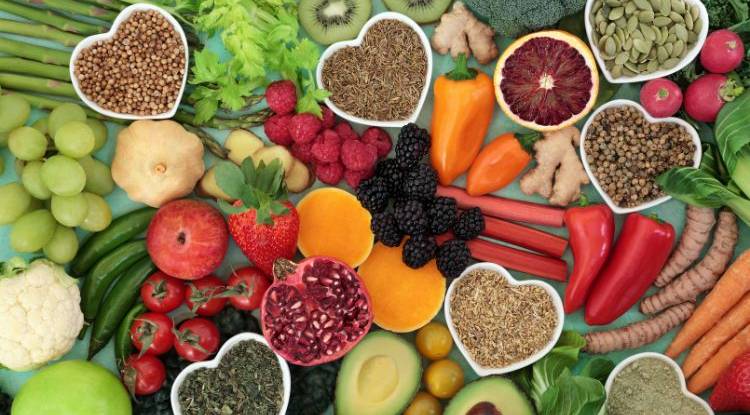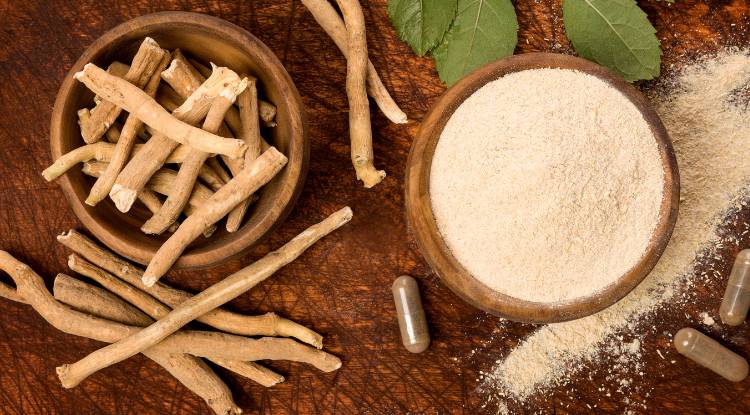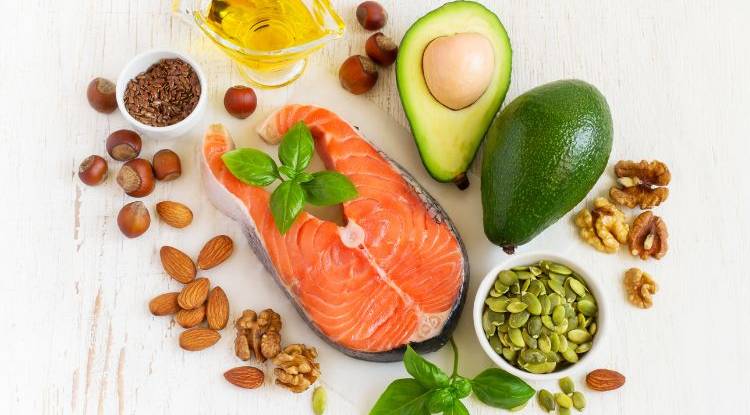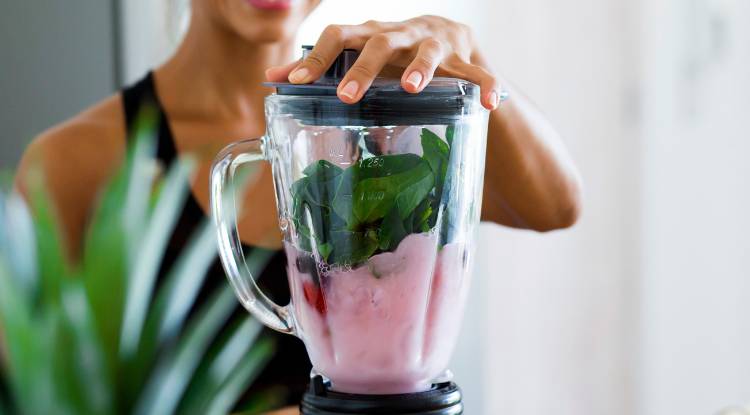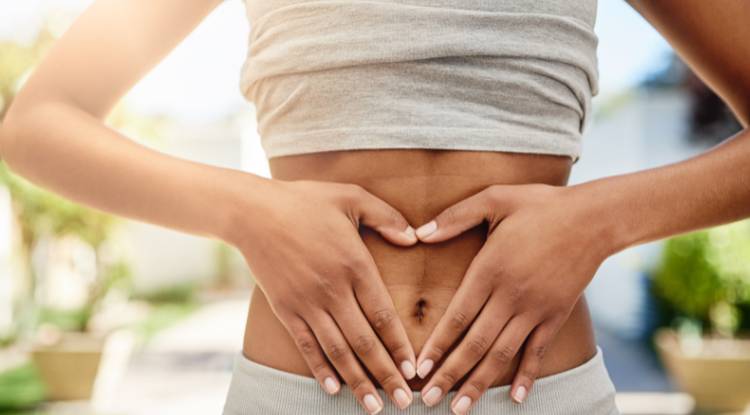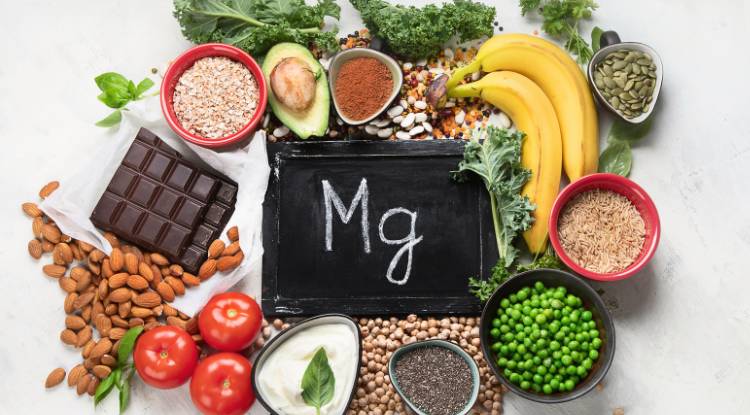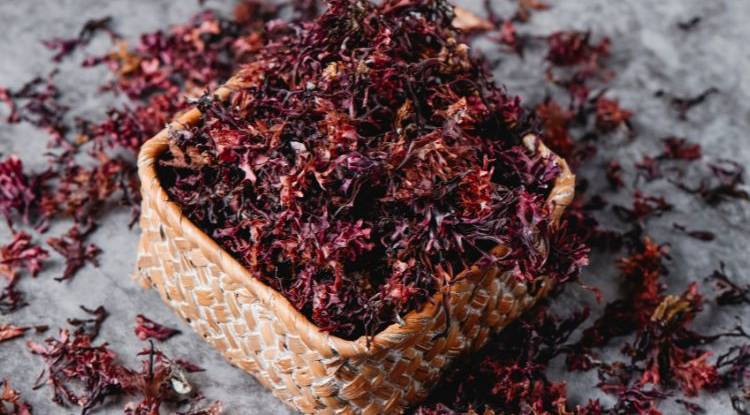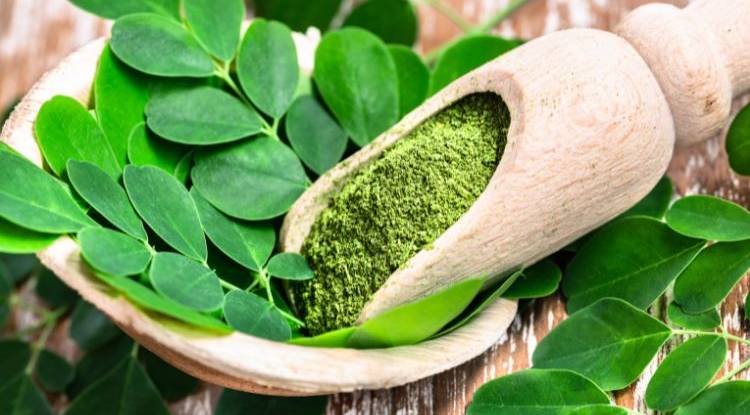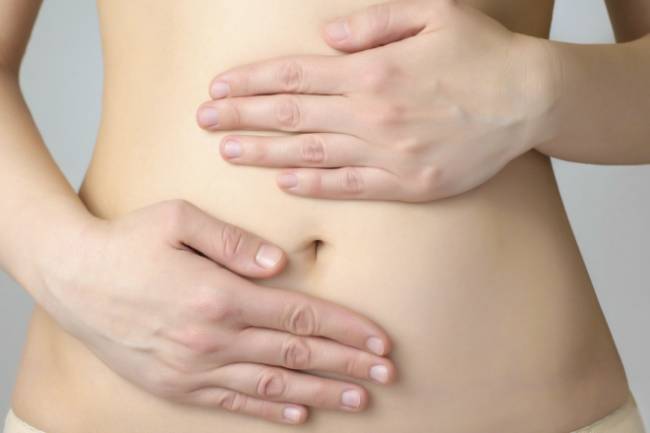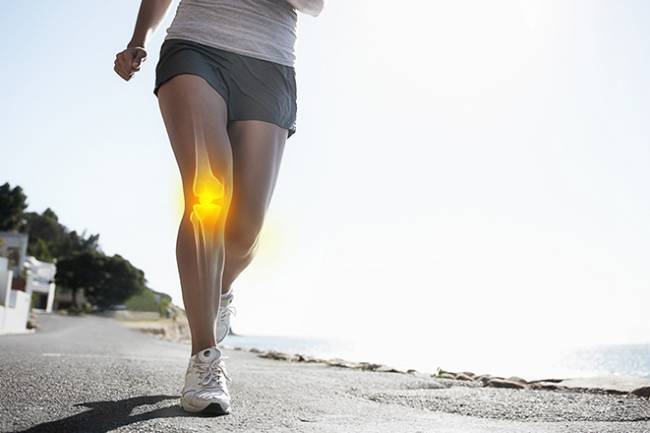CoQ10: The Energy Nutrient with Heart, Brain and Fertility Benefits

If you're feeling low in energy, struggling to bounce back after exercise, or simply not quite yourself, it might not just be stress, poor sleep or a busy schedule. Your body may be running low on one of its most important cellular nutrients: Coenzyme Q10, or CoQ10 for short.
This little compound plays a big role in how we feel each day, supporting the energy factories within our cells, helping our heart do its job, and even playing a quiet but powerful role in fertility. Let’s explore what CoQ10 is, how it works, and whether it might deserve a place in your daily supplement routine.
What is CoQ10 and Why Does It Matter?
Coenzyme Q10 is a vitamin-like substance that your body produces naturally. It's found in nearly every cell and is especially concentrated in organs that use a lot of energy, like your heart, brain, liver and muscles.
Its main job is to help your cells create ATP, which is the energy currency your body uses to do pretty much everything: from beating your heart to powering your brain to helping you recover after a workout. CoQ10 is also a powerful antioxidant, meaning it helps protect your cells from damage caused by oxidative stress.
Although your body makes CoQ10, production naturally declines with age. Stress, illness, poor diet, and certain medications like statins can all contribute to low levels. And because it’s so fundamental to how your body functions, you may feel the effects in subtle but frustrating ways such as sluggishness, poor recovery, low mood or brain fog.
How It Supports Energy and Vitality
Think of CoQ10 as the spark plug that helps fire up every cell in your body. When you don’t have enough, energy production slows down, and you might feel it as that “flat” feeling that doesn’t seem to shift no matter how many early nights you get.
This is especially true as we get older. Many people over the age of 40 start to notice lower energy levels, slower recovery from exercise, or a general dip in stamina. For some, these changes creep in quietly and are chalked up to ageing, but they might also signal that your cells aren’t producing energy as efficiently as they used to.
A daily CoQ10 supplement can help support natural energy production, especially when taken consistently over time. It’s not a stimulant, so you won’t get an instant buzz, but with regular use, many people notice steadier energy, better mental clarity and greater physical resilience.
Heart and Circulation Support
Your heart beats about 100,000 times a day. That’s a lot of energy required, and CoQ10 plays a starring role in making it happen. Unsurprisingly, CoQ10 is found in especially high concentrations in heart muscle tissue.
Some people choose to supplement with CoQ10 as a way to support their cardiovascular system, especially if they’ve been told they have high blood pressure, experience fatigue or take cholesterol-lowering statins. Statins can block the same pathway your body uses to make CoQ10, which is why muscle aches or tiredness are sometimes reported by people taking them. Replenishing your CoQ10 stores can help support muscle and heart function without interfering with your medication.
Cognitive Function and Brain Health
Your brain is a high-performance organ that never switches off. And just like the rest of your body, it relies heavily on cellular energy to stay sharp, focused and resilient. CoQ10 helps support the brain by promoting healthy mitochondrial function (mitochondria being your cells’ energy engines) and offering antioxidant protection to sensitive brain tissue.
This may be one reason why some people find CoQ10 supports clearer thinking and better focus, especially during times of stress, fatigue or hormonal change. While it’s not a substitute for sleep, hydration or a nutrient-dense diet, it can be a helpful tool in the mix for people wanting to feel mentally switched on again.
Fertility Support for Women and Men
What many people don’t realise is that CoQ10 is also closely linked to fertility. That’s because both eggs and sperm require a great deal of cellular energy to function well, and CoQ10 helps provide the power they need.
In women, especially those aged 35 and over, CoQ10 may help support egg quality and mitochondrial function, which are both vital for healthy conception. It’s becoming increasingly popular among women trying to conceive, particularly where age-related fertility decline or IVF preparation is a concern.
In men, CoQ10 is thought to support sperm health by improving motility (movement), count and overall function. This is likely due to its antioxidant and mitochondrial-boosting effects, which help protect delicate sperm cells from damage.
While it’s not a magic bullet, CoQ10 is gaining real traction in fertility conversations for its potential to support reproductive health in a natural, non-invasive way.
Who Might Consider Taking CoQ10?
You might benefit from CoQ10 if:
-
You often feel low in energy or mentally sluggish
-
You’re over 40 and want to support healthy ageing
-
You take statins or other medications that deplete CoQ10
-
You’re trying to conceive or undergoing fertility treatment
-
You have cardiovascular concerns or a family history of heart issues
-
You’re recovering from illness, surgery or burnout
-
You want to support long-term mitochondrial health and resilience
Even if you're otherwise well, CoQ10 can be a useful addition to your supplement routine if you're looking to feel more energised and supported on a cellular level.
How to Take It (and What to Look For)
CoQ10 is available in two forms: ubiquinone (the original, oxidised form) and ubiquinol (the active, antioxidant form). Both are helpful, but ubiquinol tends to be more easily absorbed, especially for older adults or those with digestive issues.
Typical dosages range from 100 to 300 mg per day, depending on your needs. Many people do well with 100 mg daily for general wellbeing, while higher doses may be suitable for fertility, fatigue or statin support, though this has been associated with insomnia in some individuals.
CoQ10 is fat-soluble, which means it’s best taken with food containing some healthy fats (like avocado, olive oil or nuts) to improve absorption.
Are There Any Side Effects?
CoQ10 is generally very well tolerated. Most people experience no side effects at all. On rare occasions, some people report mild digestive upset or headaches. If you’re taking medications, especially blood thinners or blood pressure medications, it’s always wise to check in with your GP or pharmacist before starting a new supplement.
Can I Get It from Food?
You can find CoQ10 in small amounts in foods like oily fish (sardines, mackerel), organ meats (liver, kidney), wholegrains and certain vegetables. However, the levels are typically too low to have a therapeutic effect, especially if your body’s needs are higher due to age, medication use or chronic stress.
That’s why supplementation is often recommended for people with specific goals or needs.
Final Thoughts
CoQ10 has been quietly supporting our cells since the day we were born, helping us create energy, protect our tissues, and keep our hearts and minds working smoothly.
If you’re feeling tired, if your heart needs extra care, or if you’re on a fertility journey and want to give your body every chance to thrive, CoQ10 could be a gentle but powerful addition to your toolkit.
Like with all supplements, consistency is key. Give your body a few weeks to notice the difference, and pair it with nourishing food, good rest and regular movement. You don’t need to do everything perfectly, but when you support your body at the cellular level, you give yourself a stronger foundation to build on.
Simply Supplements offers high-strength, reliably sourced CoQ10 supplements to support your overall health and wellbeing.
Sources:

 Funmi Akinola (Msc, Anutr)
Funmi Akinola (Msc, Anutr) 